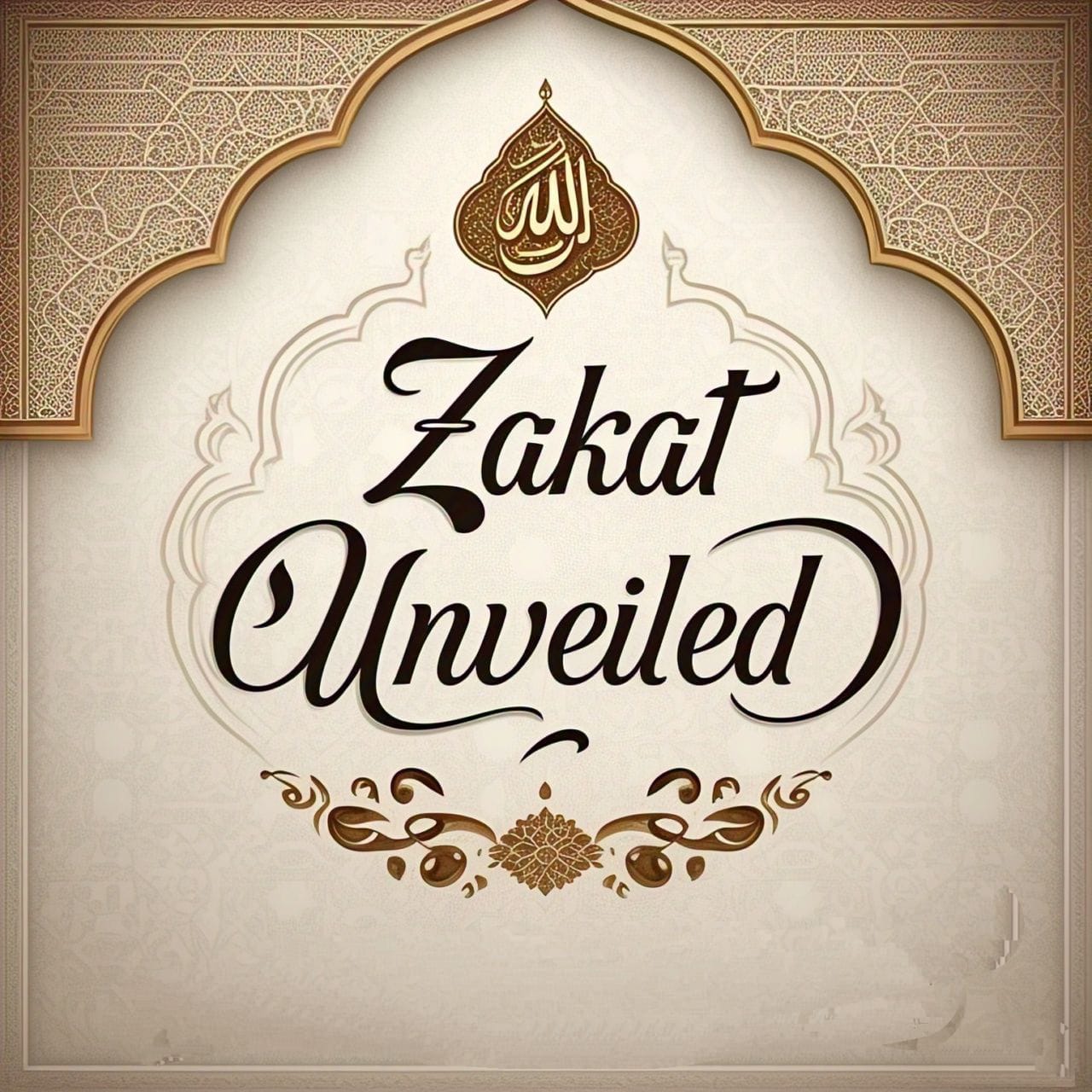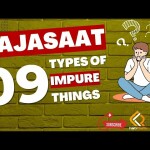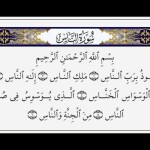"Zakat Unveiled: Purifying Wealth, Empowering Lives"
Zakat, in Islam, stands as a fundamental practice designed to encourage a sense of financial responsibility, social equality, and communal solidarity among Muslims. As a form of almsgiving to the needy, zakat is not merely charitable giving, but a mandatory act of worship and a means of wealth purification for Muslims who meet the necessary criteria.
The term "zakat" means to purify, to grow, or to bless. This signifies that zakat serves as a way to cleanse one's wealth by redistributing a portion of it to those in need, promoting the growth of community welfare and invoking blessings from Allah. Zakat is mentioned over thirty times in the Qur'an, often in conjunction with prayer (salat), highlighting that it is not just for the wealth purification, but also for the purification of other favours of God that we enjoy for instance the Commander of the Faithful, Imam Ali (AS) says:
“There is a zakat for everything, and the zakat of the intellect is tolerance of the ignorant ones.”
(Mizan al-Hikmah, Narration No. 7604)
The significance of zakat extends beyond its immediate financial and social welfare implications. Spiritually, it is a reflection of a Muslim's faith and obedience to Allah, embodying the principles of self-discipline, honesty, and compassion. By fulfilling this obligation, a Muslim purifies their wealth, acknowledges Allah's blessings, and recognizes the rights of the less fortunate.
Zakat in the Quran
The holy Qur’an, while ordering us to pay zakat, has not outlined the items on which zakat is applicable.
Interestingly, the case of salat is also the same. While the Qur’an has ordered us to perform the daily prayers in more than 25 verses, does not tell us how to perform them. In these cases, we have to refer to the Sunnah for further details.
When the jurists refer to the Sunnah, after studying and analysing all the authentic hadiths on this subject, they reach to the following two conclusions:
- Zakat is obligatory on the following nine (9) items only:
1. Wheat, 2. Barley, 3. Dates, 4. Raisins, 5. Gold, 6. Silver, 7. Sheep, 8. Cows, and 9. Camels.
- Zakat is recommended on other items that can be weighed or other things that grow from the earth.
Zakat on Currency
The Sunni schools of Islamic law believe that zakat is wajib on any kind of gold and silver, whereas the Shi‘a school believes that zakat is wajib on gold and silver only if they are in form of coins.
As for currencies, three of the four Sunni schools say that it is wajib to pay zakat on currencies provided they reaches to the minimum value (equivalent to 4.8 grams of gold) and provided they were under one’s continuous possession for a year.
The fourth Sunni school of thought (Hanbali) believes that it is not wajib to pay zakat on currencies unless one converts them into gold or silver.
The Shi‘a school believes that it is not wajib to pay zakat on currencies. Because it is not mentioned in any hadith while they believe that Muslims have to pay 20 per cent of their annual net savings, as an obligatory act.
What is Zakat ul Fitr?
Zakat ul-Fitr, also known as Fitrana, is a financial obligation that becomes mandatory under certain conditions after the end of the month of Ramadan and with the arrival of Eid al-Fitr. The amount is one Sa'a (approximately three kilograms) of wheat, barley, dates, or raisins per person, and every obligated individual must pay this zakat for themselves and for those who are considered their dependents. Instead of these items, one can also give their monetary value to the poor.
Note: the Fitrana of a non Sayyed cannot be given to any poor Sayyed, while a Sayyed can give his/her Fitrana to both poor Sayyed and poor non Sayyed.
Uses of Zakat
Zakat is exclusively used for these eight categories:
- The poor,- The needy,
- Those employed to administer the alms and the collectors of zakat
- Individuals who, through financial aid, find a greater inclination towards Islam, creating affection in their hearts
- Those who are enslaved and for whose freedom zakat is used
- Debtors, - Any cause that is for the pleasure of Allah
- Ibnos Sabil: individuals who are stranded and destitute
As the holy Qur’an says:
“The charities (Zakat) are only for the poor, the needy, their collectors, those hearts are conciliatory (towards Islam), the emancipation of slaves, the debtors, in Allah’s way, and the stranded traveller. This is an ordinance from Allah, and Allah is all-knowing, all-wise.” (9:60)
To learn more about pure Islam please visit our website: www.findtruth.co.uk/











